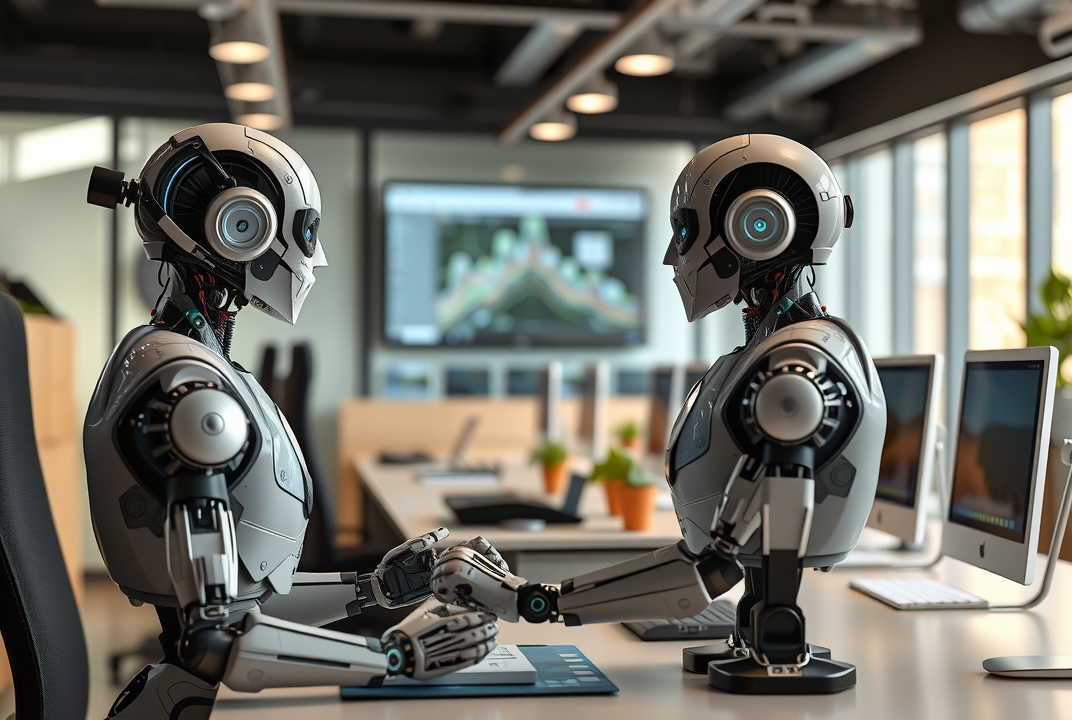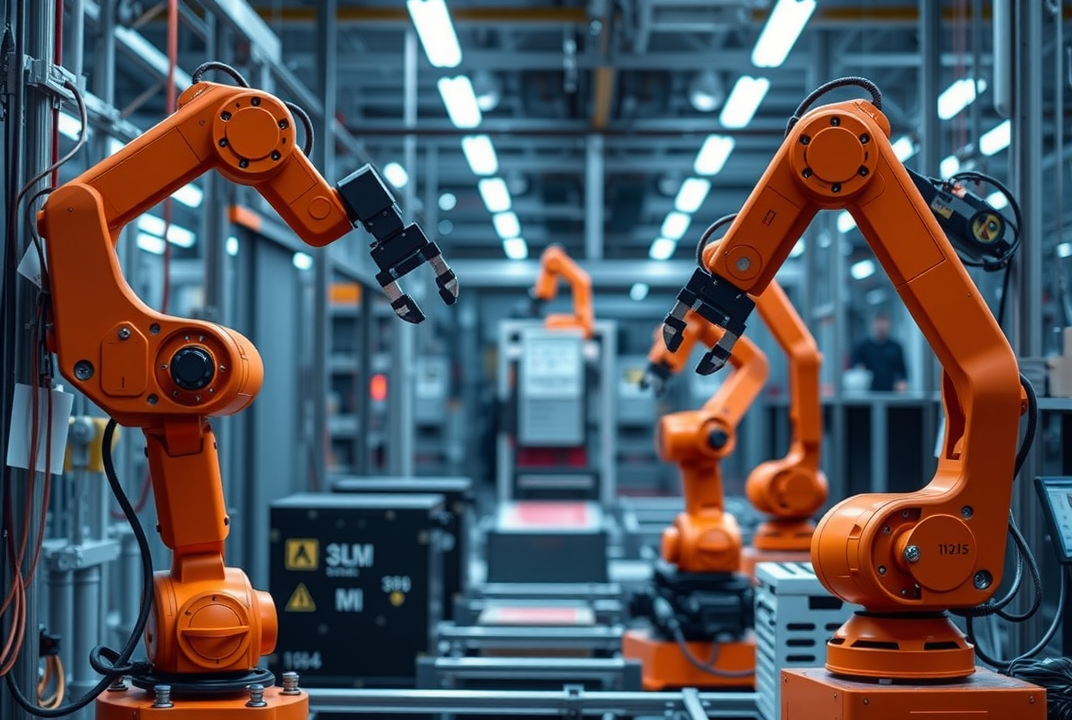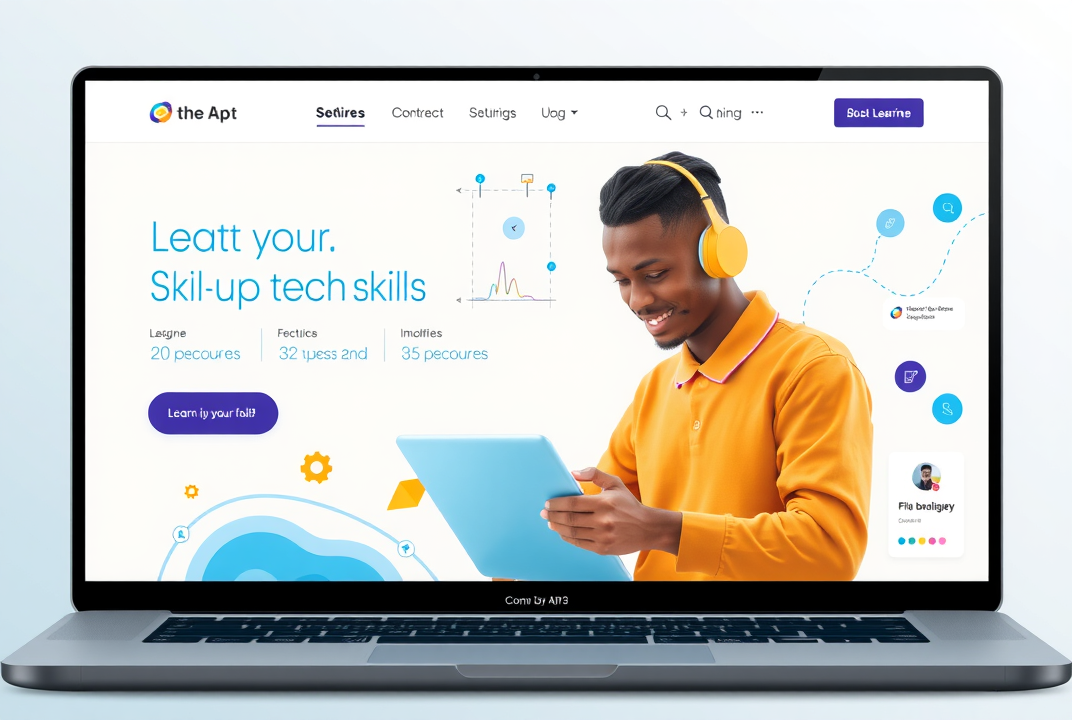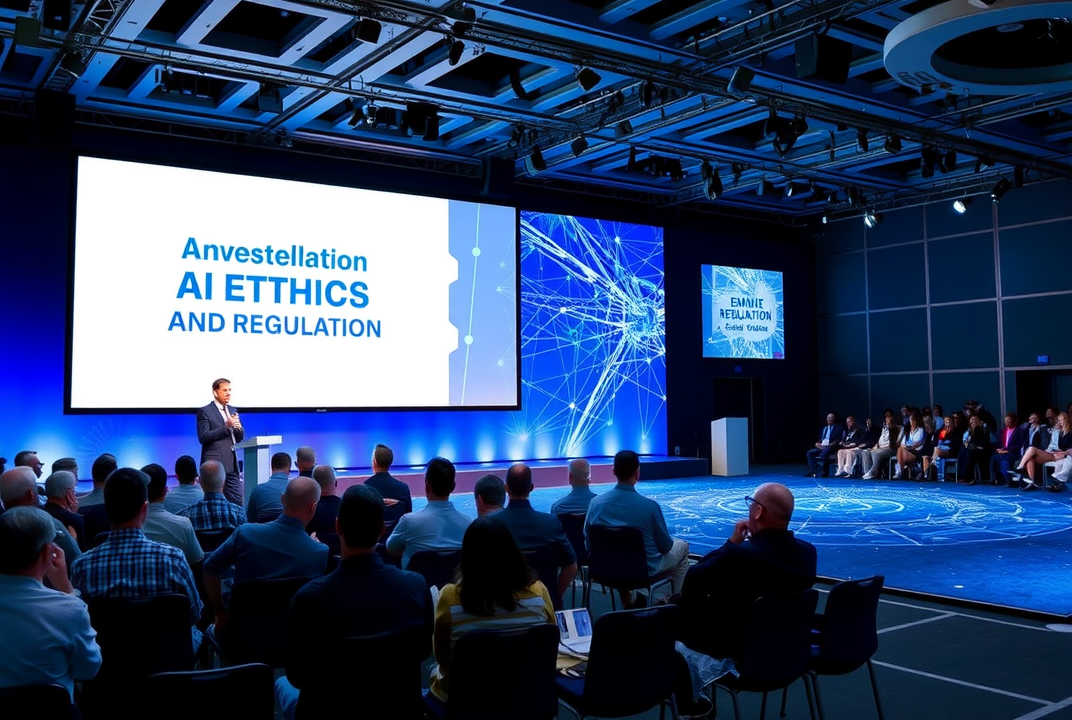The Impact of AI on the Modern Job Market

Introduction
Artificial Intelligence (AI) is revolutionizing industries and transforming the way we work. Did you know that AI could automate up to 30% of the world's tasks by 2030? This rapid shift raises questions about employment trends, opportunities, and challenges in the modern job market.
This article examines AI's impact on employment, the creation of new jobs, shifts in skill requirements, and the broader implications for the future of work.
The Rise of Automation
One of AI's most discussed impacts is automation. AI technologies are automating routine tasks across various industries, from manufacturing to finance. While some fear job loss, others see AI as an opportunity to enhance productivity and focus human effort on more complex tasks.
-
Industries Affected by Automation Many sectors are experiencing automation's influence. In manufacturing, AI-driven robots handle tasks such as assembly, reducing the need for manual labor. In finance, AI algorithms manage data analysis and fraud detection more efficiently than humans.
-
Job Displacement vs. Job Creation AI does replace certain jobs but also creates new opportunities. While some routine tasks vanish, there's a rise in demand for roles that AI cannot perform, such as strategic thinking and creativity.

Emergence of New Job Roles
AI isn't just taking away jobs; it's creating them too. New roles are emerging as technology evolves.
-
Data Science and Analysis As companies collect vast amounts of data, professionals who can analyze and derive insights are in high demand.
-
AI and Machine Learning Engineers The need for skilled engineers to develop and refine AI systems is growing rapidly.
-
AI-related Support Roles Jobs like AI customer support and AI system trainers are needed to ensure smooth technology integration.

Shifting Skill Requirements
With AI adoption, skill requirements are shifting. Technical and soft skills are essential for staying relevant.
-
Adaptation and Lifelong Learning Continuous learning is crucial to keep pace with technological advancements. Skills such as programming, data analysis, and problem-solving are valuable.
-
Soft Skills Matter Creativity, emotional intelligence, and critical thinking remain vital, as AI cannot replicate these human traits.

Broader Implications for the Future of Work
AI's integration into the workforce has broader implications on the job market and society.
-
Economic Disparities While AI streamlines operations and increases profits, it may also widen the gap between skilled and unskilled workers.
-
Ethical Considerations As AI makes decisions that impact employment, ethical concerns about transparency and fairness arise.
-
Policy and Regulation Governments must create policies that encourage innovation while protecting workers and ensuring fair practices.

Conclusion
AI is reshaping employment landscapes and setting new paths for the future. The key to thriving in this evolving job market lies in embracing change, acquiring new skills, and fostering innovation. Individuals and organizations must adapt to harness AI's potential while addressing its challenges.
As AI continues to advance, its impact on the job market will unfold further. Engaging with these changes proactively will ensure a balanced and prosperous future for all. Consider investing in continuous education, exploring new job roles, or advocating for policies that secure a fair job market.